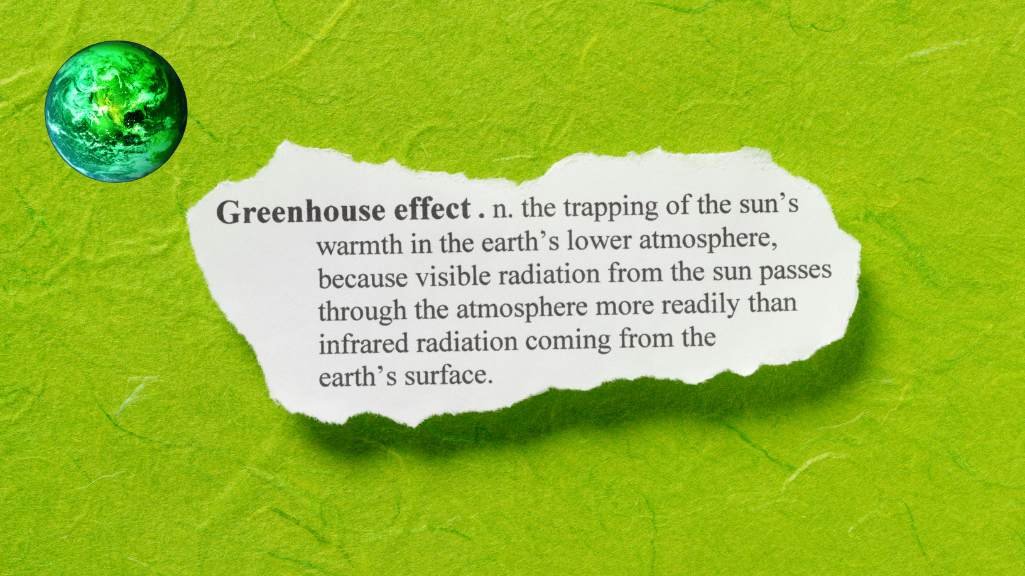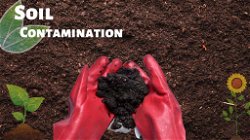Unveiling the Greenhouse Effect: Causes, Impacts, and Sustainable Solutions
Vihaan Disouza
. 2 min read
The greenhouse effect is a natural phenomenon that plays a crucial role in maintaining the Earth's temperature and making it habitable for life. However, with the advent of industrialization and increased human activities, the intensification of this effect has raised significant environmental concerns. In this article, we aim to provide an overview of the greenhouse effect, delving into its causes, impacts, and potential solutions. Join us in this online chat as we explore the intricacies of this phenomenon and discuss ways to address its challenges.

What is the Greenhouse Effect?
The greenhouse effect refers to the process by which certain gases in the Earth's atmosphere trap heat from the sun, creating a natural "greenhouse" that keeps the planet warm. The primary greenhouse gases responsible for this effect are carbon dioxide (CO2), methane (CH4), nitrous oxide (N2O), and water vapor (H2O).
Causes of the Enhanced Greenhouse Effect: Human activities, particularly the burning of fossil fuels such as coal, oil, and natural gas, have significantly increased the concentration of greenhouse gases in the atmosphere. Deforestation, industrial processes, and agriculture also contribute to the release of these gases. The increased levels of greenhouse gases have amplified the greenhouse effect, leading to global warming and climate change.
Impacts of the Greenhouse Effect
a) Global Warming: The enhanced greenhouse effect has caused a rise in global temperatures, leading to global warming. This warming trend has far-reaching consequences, including melting ice caps and glaciers, rising sea levels, and extreme weather events such as hurricanes, heatwaves, and droughts.
b) Ecological Disruptions: Changes in temperature and weather patterns disrupt ecosystems, affecting plant and animal species' distribution and migration patterns. Coral reefs, for instance, face the threat of bleaching due to increased water temperatures.
c) Agricultural Challenges: Altered climatic conditions can impact agricultural productivity and food security. Changes in rainfall patterns, prolonged droughts, and increased pest infestations pose significant challenges to farmers worldwide.
d) Human Health Risks: Climate change resulting from the greenhouse effect poses health risks, including heat-related illnesses, the spread of vector-borne diseases, and increased air pollution.
Solutions to Mitigate the Greenhouse Effect
a) Renewable Energy: Transitioning to renewable energy sources such as solar, wind, and hydropower can reduce reliance on fossil fuels, thus lowering greenhouse gas emissions.
b) Energy Efficiency: Implementing energy-efficient practices in industries, transportation, and buildings can significantly reduce greenhouse gas emissions.
c) Afforestation and Reforestation: Planting trees and restoring forests help absorb CO2 from the atmosphere, acting as a natural carbon sink.
d) Sustainable Agriculture: Promoting sustainable farming practices, such as organic farming and precision agriculture, can reduce greenhouse gas emissions from the agricultural sector.
e) International Cooperation: Encouraging global collaboration and agreements, such as the Paris Agreement, is crucial in addressing the greenhouse effect and climate change on a large scale.
Conclusion
Understanding the greenhouse effect is essential in tackling climate change. By acknowledging the causes, impacts, and implementing effective solutions, we can strive towards a more sustainable future. It is crucial for individuals, communities, governments, and businesses to work collectively to mitigate the greenhouse effect and preserve our planet for future generations.
More Stories from
Sustainable Living: Practical Tips and Innovative Solutions for a Greener Future.
Explore practical tips and innovative solutions that can help you make a positive impact on the environment.
Contamination of Soil: What Causes It and How Can It Be Prevented?
Major Contributors to Soil Contamination: Petroleum Hydrocarbons, Agrochemicals, and Industrial Pollution.
Unveiling India's Volcanic Secrets: A Geological Overview
Explore India's unique volcanic history and the enduring forces of nature that continue to captivate scientists and adventurers alike.
Zero-Waste Living: Practical Tips for Reducing Environmental Impact
Discover the power of zero-waste living as this article offers practical tips and actionable advice for reducing your environmental impact.
Eco-Friendly Practices: How Individuals and Businesses Can Make a Difference
Discover the Power of Eco-Friendly Practices: Learn how individuals and businesses can contribute to a greener world by adopting sustainable measures.










.png?width=40&aspect_ratio=1:1)


.png?width=40&aspect_ratio=1:1)